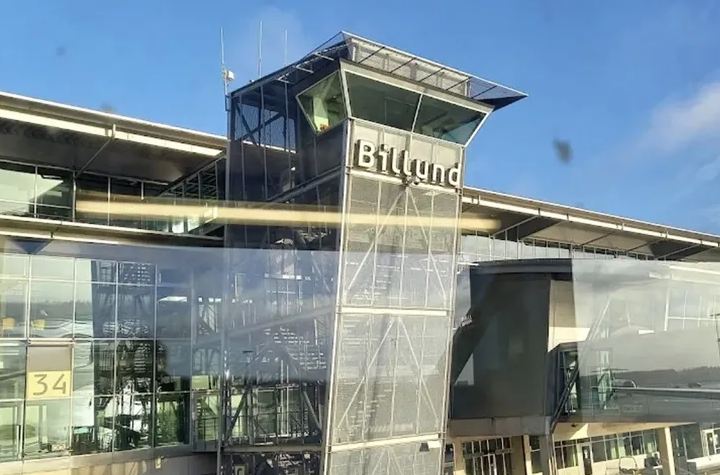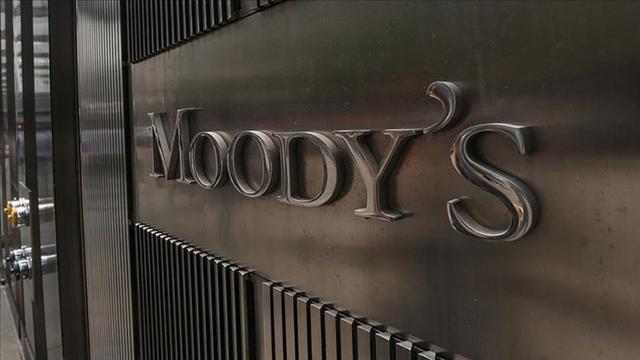The European Commission is set to recommend on Tuesday that the EU reduces its net greenhouse gas emissions by 90% by 2040. This target will test the political appetite to continue Europe’s ambitious fight against the climate crisis ahead of EU elections.
Drafts of the Commission recommendation indicate that the EU will endorse the 90% target for net greenhouse gas cuts compared with 1990 levels.
The goal for 2040 aims to keep European Union countries on track between the EU’s existing 2030 climate goal and its long-term aim to achieve net zero emissions by 2050, ultimately ending Europe’s ongoing contribution to the climate crisis.
Crafted amidst farmers’ protests across Europe and political pushback on some EU green laws, the EU plan is poised to focus on preserving public support and European industries.
“A focused effort will be necessary to extend the European Green Deal into the decade leading up to 2040, particularly regarding the enabling conditions for businesses and citizens to navigate the transition,” stated a draft of the EU plan, which may undergo changes before publication.
“It’s essential that climate action involves everyone,” it emphasized.
Tuesday’s proposal will initiate the political debate on the target, but the final legal proposal will be up to a new EU Commission formed after the EU elections in June.
Europe’s climate agenda is entering a challenging political phase as it begins to affect sensitive sectors such as farming, while traditional industries face stiff green tech competition from China.
The draft suggests that agriculture would need to reduce non-CO2 emissions by 30% by 2040 from 2015 levels. However, EU officials hinted on Monday that this target for the politically tense sector might be dropped from the final document.
Protests by farmers across Europe against issues in the agricultural sector have escalated, spreading from the Netherlands and Belgium to other European countries.
Farmers, particularly in Germany, France, Spain, Belgium, the Netherlands, Poland, Italy, and Hungary, are rallying against EU agricultural policies by blocking roads with tractors, claiming that climate crisis regulations are financially burdensome for them.
The most significant of these protests began in the Netherlands in 2019, where farmers blocked traffic in several areas with over 2,000 tractors.
The protests intensified as farmers in Belgium joined by blocking freeway traffic in Brussels in 2023, protesting against the rising costs of environmental regulations.
Since then, the protests have gained momentum, with farmers in other European capitals and cities also joining in.
Farmers are now blocking main roads with tractors in Berlin, Paris, Rome, and other cities to draw attention to EU policies and their declining incomes due to them.
They argue that the EU’s strict regulations on the use of carbon fertilizers and pesticides under the European Green Deal are making agricultural production more challenging.
The EU’s recommended 2040 target would overhaul Europe’s energy mix, phasing out coal-fueled power and reducing overall fossil fuel use by 80%, to be replaced by renewable and nuclear power.
A 90% emissions cut falls within the 90-95% range recommended by the EU’s official climate science advisors.
The draft also highlighted the costs of failing to address the climate crisis, including more destructive extreme weather, which could result in additional costs of 2.4 trillion euros by 2050 if global warming is not limited to 1.5 degrees Celsius above pre-industrial levels.
The EU had reduced its greenhouse gas emissions by 33% in 2022 compared to 1990 levels.





